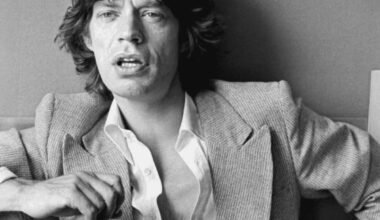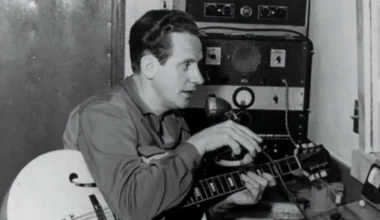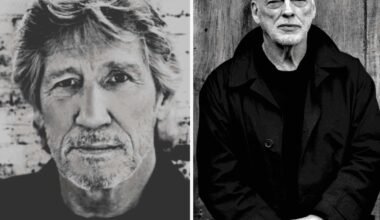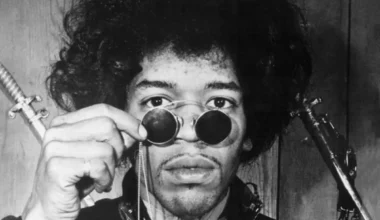Brian Wilson’s vision for The Beach Boys went beyond just crafting catchy pop tunes; he was sculpting sound. As the driving force behind the band’s music, Wilson heard every part long before it was played in the studio.
While most musicians risk overplaying or overshadowing a song’s essence, Wilson found a guitarist who never placed a wrong note—a player whose brilliance always served the song rather than show off. That guitarist was none other than the legendary Les Paul.
The Beach Boys were not known for guitar heroics. Their signature sound was the blend of those lush, harmonized voices, not wild solos or muscular riffing. But Wilson wasn’t content with his music being dismissed as simple surf rock.
With groundbreaking albums like Pet Sounds, he aimed for something deeper. For that, every instrument needed to contribute to a larger emotional landscape, and the guitar became one of his secret weapons.
Wilson relied on session musicians like the Wrecking Crew to bring his grand ideas to life, with Carol Kaye laying down flawless bass lines and a variety of other instruments filling out the arrangements.
But when it came to guitar, Wilson wanted something more subtle—something with the precision and emotional weight Les Paul brought to his recordings in the 1950s.
Paul wasn’t just a guitarist; he was a musical architect, layering sounds and experimenting with multi-track recording in ways no one else had done before. His innovative approach was a revelation to Wilson, who saw guitar not as a tool for solos but as an integral part of his “rock and roll symphony.” Paul’s meticulous attention to detail, his ability to craft the perfect sound for a few seconds of a song, was exactly the kind of genius Wilson admired.
In Wilson’s eyes, no one in the 1950s made guitar sounds that came close to Paul’s brilliance. As he told Rolling Stone, “He made the very best guitar sounds of the 1950s. There’s nobody that came close to him.”
It’s no wonder Wilson’s own use of guitar in The Beach Boys’ music mirrored Paul’s approach—tasteful, restrained, but always essential.
Les Paul’s legacy, though, stretches far beyond his own recordings. He set the standard for generations of guitarists who wanted to serve the song rather than dominate it. His Gibson guitars became iconic, and his influence permeated rock music for decades.
Anyone who has ever focused on playing something tasteful instead of shredding through a track has been following the path Paul laid down. For Brian Wilson, that path was a revelation—and one that shaped some of the most enduring music of the 20th century.








